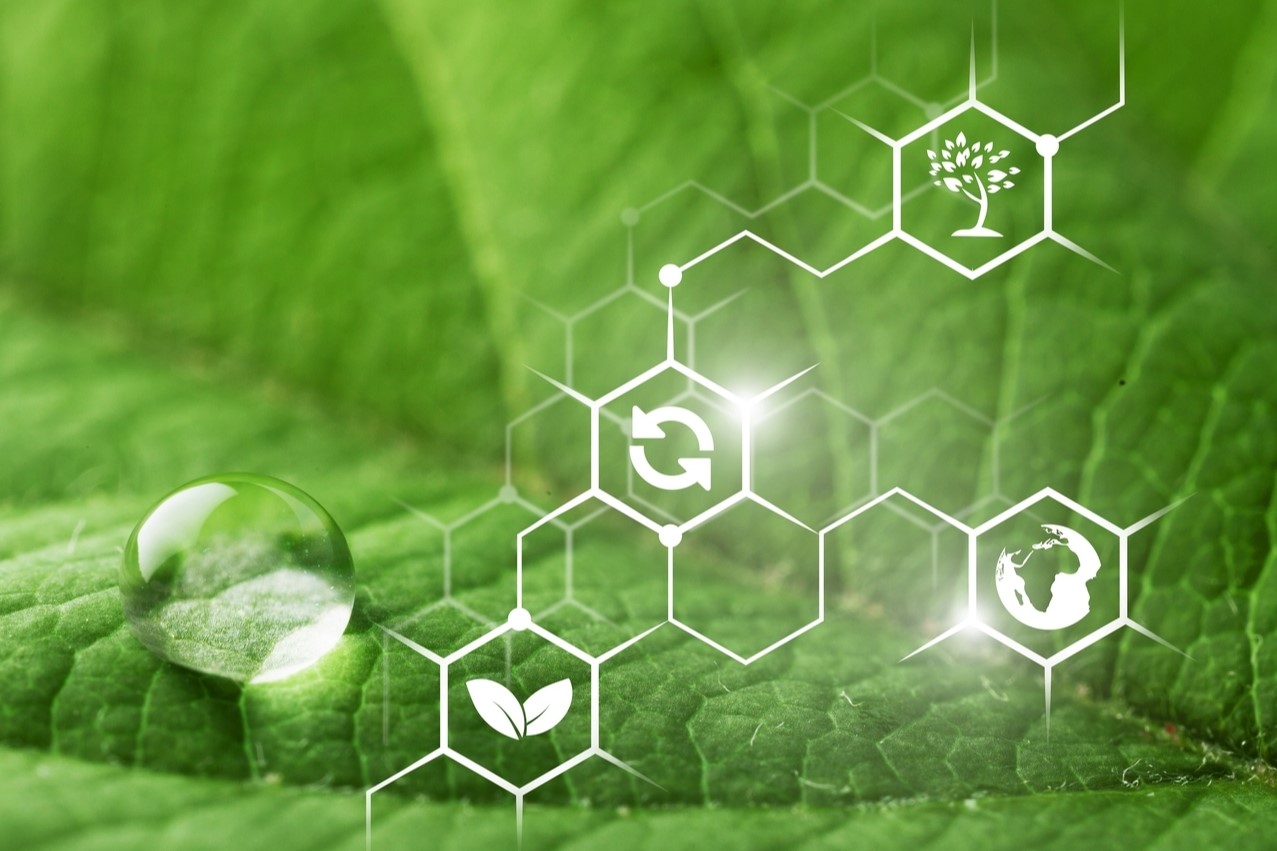
Sustainable chemistry is more than just a buzzword; it's a vital approach to creating a healthier planet. But what exactly does it mean? Sustainable chemistry focuses on designing products and processes that minimize environmental impact, reduce waste, and use resources efficiently. This field aims to meet our current needs without compromising the ability of future generations to meet theirs. Imagine a world where chemical processes are not only efficient but also safe for both humans and the environment. That's the promise of sustainable chemistry. Ready to dive into some intriguing facts? Let's explore how this innovative field is shaping our future.
What is Sustainable Chemistry?
Sustainable chemistry, also known as green chemistry, focuses on designing products and processes that minimize environmental impact and enhance efficiency. It aims to reduce waste, conserve resources, and promote safer chemicals.
- Sustainable chemistry seeks to reduce or eliminate the use of hazardous substances in chemical processes.
- It promotes the use of renewable resources instead of depleting non-renewable ones.
- This field encourages energy-efficient processes to minimize the carbon footprint.
- It aims to design chemicals that degrade into harmless substances after use.
Principles of Sustainable Chemistry
There are 12 guiding principles that form the foundation of sustainable chemistry. These principles help scientists and industries create more eco-friendly practices.
- Prevention: It is better to prevent waste than to treat or clean up waste after it is created.
- Atom Economy: Synthetic methods should maximize the incorporation of all materials used in the process into the final product.
- Less Hazardous Chemical Syntheses: Design synthetic methods to use and generate substances with little or no toxicity.
- Designing Safer Chemicals: Chemical products should be designed to achieve their desired function while being non-toxic.
Benefits of Sustainable Chemistry
Adopting sustainable chemistry practices can lead to numerous benefits for the environment, human health, and the economy.
- Reduces pollution by minimizing the release of harmful chemicals into the environment.
- Enhances safety for workers by reducing exposure to hazardous substances.
- Lowers production costs by improving efficiency and reducing waste.
- Promotes innovation by encouraging the development of new, safer chemicals and processes.
Applications of Sustainable Chemistry
Sustainable chemistry is applied in various industries, from pharmaceuticals to agriculture, to create safer and more efficient products.
- In pharmaceuticals, it helps in designing drugs that are more effective and have fewer side effects.
- In agriculture, it promotes the use of bio-based pesticides and fertilizers that are less harmful to the environment.
- In manufacturing, it encourages the use of biodegradable materials to reduce plastic waste.
- In energy, it supports the development of cleaner fuels and renewable energy sources.
Challenges in Sustainable Chemistry
Despite its benefits, sustainable chemistry faces several challenges that need to be addressed to achieve widespread adoption.
- High initial costs can be a barrier for companies to switch to greener processes.
- Lack of awareness and education about sustainable practices among chemists and industry professionals.
Sustainable chemistry holds the promise of a cleaner, safer future. By understanding its principles, benefits, applications, and challenges, we can work towards a more sustainable world.
Sustainable Chemistry: A Path Forward
Sustainable chemistry isn't just a buzzword; it's a necessity for our future. By focusing on renewable resources, energy efficiency, and waste reduction, this field aims to create a healthier planet. Innovations like biodegradable plastics and green solvents show that we can make significant strides without sacrificing progress. Educating the next generation of scientists about these practices ensures that sustainable methods become the norm, not the exception. Governments, industries, and individuals all play a role in this transformation. Supporting policies that promote sustainable practices can lead to widespread change. Remember, every small step counts. Whether it's choosing products made with sustainable chemistry or advocating for greener policies, everyone can contribute. Sustainable chemistry offers a promising path forward, blending scientific innovation with environmental responsibility. Let's embrace these changes for a brighter, cleaner future.
Was this page helpful?
Our commitment to delivering trustworthy and engaging content is at the heart of what we do. Each fact on our site is contributed by real users like you, bringing a wealth of diverse insights and information. To ensure the highest standards of accuracy and reliability, our dedicated editors meticulously review each submission. This process guarantees that the facts we share are not only fascinating but also credible. Trust in our commitment to quality and authenticity as you explore and learn with us.


